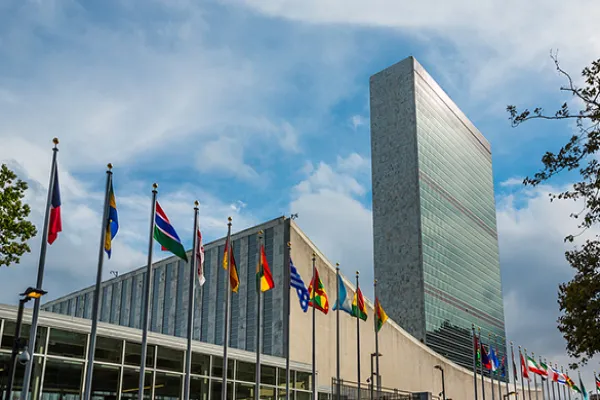Most asset owners and managers continue to resist entreaties to factor climate change into their decisions, even as the Paris climate talks approach and low-carbon product offerings begin to proliferate. Pressure from divestment activists may inadvertently strengthen their resistance, by implying that climate change cannot stand on its own objective merits as an input to security analysis. Hence a paradox of the fossil fuel divestment movement: The stronger it becomes, the more it takes on the coloration of an ethical, nonfinancial driver — noise that many fiduciaries believe they are paid to tune out.
When this activist impulse is codified into exclusionary investment policy (“thou shalt excise all fossil fuel investments from thine endowment portfolio”), managers can appear coerced into an unnatural act and constrained from exercising their trained judgment.
Government policy is often regarded similarly. The more that carbon policy is advocated, the more this can create a mistaken perception that these investments can never stand on their own. Investors routinely avoid policy-dependent investments: Why gamble on when — or even if — fickle politicians might pass laws? Or retroactively rescind them?
Such investors are surely tempted to tune out the Paris talks. Event-driven managers might be more comfortable handicapping Paris as a policy event that could unlock rapid gains, similarly to predictions of whether a rumored corporate acquisition will transpire.
So is this how the upcoming Paris climate talks should be framed — as noise to be ignored or a policy event warranting a risky but potentially lucrative bet?
Actually, neither. The Paris talks will be consequential, but not in the way many think. Investors should reposition their portfolios to incorporate climate change factors regardless of what happens in the summit. But that repositioning should be more, not less, robust if the talks fail.
Similar logic applies when a politician argues that we cannot institute a strong climate change mitigation policy because it would destroy our economy. Precisely the opposite is true. It is the absence of strong policy that will, if it persists, destroy the agricultural, resource and infrastructural systems on which our economy depends. Institutions obligated to meet long-term liabilities should expect more severe risks to their return forecasts if policies are not put in place to engineer a soft landing.
Those orchestrating the Paris talks seek to avoid a binary success-or-fail outcome. Past rounds have revealed the barriers to reaching an agreed formula for nation-by-nation burden sharing on emissions reductions. This time the United Nations is facilitating state-by-state commitments, in which most levels of ambition are deemed nominally acceptable, though subject to future strengthening as evidence warrants. This agreement to revisit commitments is a minimum criterion for success given estimations that the national commitments submitted so far would produce an unthinkably dangerous 6 degree centigrade global temperature increase.
And that’s the point: Even if the talks don’t fail in a formal sense but culminate in aggregated commitments that fall short of what is required, companies worldwide (and the investment portfolios that hold their shares) will face proportionately greater physical and economic risks in the coming years from climatic disruption. Following such de facto failure, policy strengthening will remain almost inevitable, only it will come later and be more draconian, prescriptive and costly.
So what should institutional investors do? First, they must find their policy voice. Public policy engagement is now an obligation arising from, not violating, fiduciary responsibility. Fiduciaries should show up in Paris and bluntly tell heads of state that their ability to reliably meet future liability payouts to the citizenry depends on more stringent climate policy. Second, investors should not wait for Paris or any indeterminate policy event to hedge their climate exposure through allocations to low-carbon investment strategies. Climate change remains mispriced: Downside risks are vastly underestimated, and the burgeoning solutions are on sale.
Don’t be confused by divestment pressure. Even if inspired by a mission, it doubles as a wake-up call to something intrinsically economic. New managers and products are emerging to exploit this mispricing and bring asset values into line with the realities of climate change.






